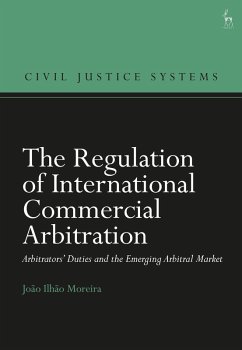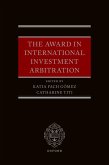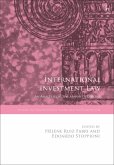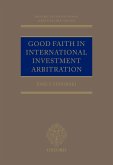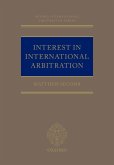This book addresses how the regulation of international commercial arbitrators takes place. International commercial arbitrators are a unique category of service providers because they are not organised as other professionals such as accountants, lawyers and doctors. The book provides an overview of how and why the regulation of international commercial arbitrators diverged from that of other professions. It also argues that, despite these differences, there is an effective regulatory environment overseeing the behaviour of international commercial arbitrators.
The book unpicks the different elements that contribute to the creation and enforcement of professional norms in this field. It explains how the specific characteristics of the arbitral market create strong incentives for ethical norms to be created, even in the absence of the institutions that usually address these issues in other fields. It also describes how market and social forces drive arbitrators to comply with these norms in most circumstances. Finally, the book addresses the ways in which this regulatory system also explains some of the perceived weaknesses of arbitration, namely the rising costs of proceedings and the perceived unfairness of appointments.
The book unpicks the different elements that contribute to the creation and enforcement of professional norms in this field. It explains how the specific characteristics of the arbitral market create strong incentives for ethical norms to be created, even in the absence of the institutions that usually address these issues in other fields. It also describes how market and social forces drive arbitrators to comply with these norms in most circumstances. Finally, the book addresses the ways in which this regulatory system also explains some of the perceived weaknesses of arbitration, namely the rising costs of proceedings and the perceived unfairness of appointments.

